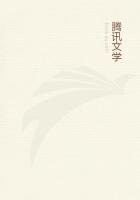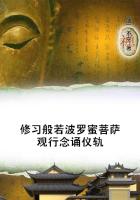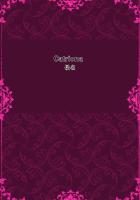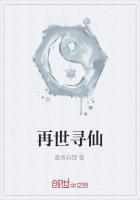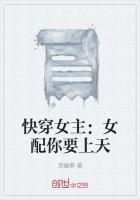The white lie is, as a French scientist has shown, partly caused by pure morbidness, partly through some defect in the conception. It is due to an empty space, a dead point in memory, or in consciousness, that produces a defective idea or gives one no idea at all of what has happened. In the affairs of everyday life the adults are often mistaken as to their intentions or acts. They may have forgotten about their actions, and it requires a strong effort of memory to call them back into their minds; or they suggest to themselves that they have done, or not done, something. In all of these cases, if they were forced to give a distinct answer, they would lie. In every case of this kind, where a child is concerned, the lie is assumed to be a conscious one, and when on being submitted to a strict cross-examination, he hesitates, becomes confused, and blushes, it is looked upon as a proof that he knows he has been telling an untruth, although as a rule there has been no instance of untruthfulness, except the finally extorted confession from the child that he has lied. Yet in all these complicated psychological problems, corporal punishment is treated as a solution.
The child who never hears lying at home, who does not see exaggerated weight placed on small, merely external things, who is not made cowardly by fear, who hears conscious lies always spoken of with contempt, will get out of the habit of untruthfulness simply by psychological means. First he will find that untruthfulness causes astonishment, and a repetition of it, scorn and lack of confidence. But these methods should not be applied to untruthfulness caused by distress or by richness of imagination; or to such cases as originate from the obscure mental ideas noted above, ideas whose connection with one another the child cannot make clear to himself. The cold untruth on the other hand, must be punished; first by going over it with the child, then letting him experience its effect in lack of confidence, which will only be restored when the child shows decided improvement in this regard. It is of the greatest importance to show children full and unlimited confidence, even though one quietly maintains an attitude of alert watchfulness; for continuous and undeserved mistrust is just as demoralising as blind and easy confidence.
No one who has been beaten for lying learns by it to love truth. The accuracy of this principle is illustrated by adults who despise corporal punishment in their childhood yet continue to tell untruths by word and deed. Fear may keep the child from technical untruth, but fear also produces untrustworthiness.
Those who have been beaten in childhood for lying have often suffered a serious injury immeasurably greater than the direct lie. The truest men I ever knew lie voluntarily and involuntarily; while others who might never be caught in a lie are thoroughly false.
This corruption of personality begins frequently at the tenderest age under the influence of early training. Children are given untrue motives, half-true information; are threatened, admonished. The child's will, thought, and feeling are oppressed; against this treatment dishonesty is the readiest method of defence. In this way educators who make truth their highest aim, make children untruthful. I watched a child who was severely punished for denying something he had unconsciously done, and noted how under the influence of this senseless punishment he developed extreme dissimulation.
Truthfulness requires above everything unbroken determination; and many nervous little liars need nourishing food and life in the open air, not blows. A great artist, one of the few who live wholly according to the modern principles of life, said to me on one occasion: "My son does not know what a lie is, nor what a blow is. His step-brother, on the other hand, lied when he came into our house; but lying did not work in the atmosphere of calm and *******. After a year the habit disappeared by itself, only because it always met with deep astonishment."
This makes me, in passing, note one of the other many mistakes of education, viz., the infinite trouble taken in trying to do away with a fault which disappears by itself. People take infinite pains to teach small children to speak distinctly who, if left to themselves, would learn it by themselves, provided they were always spoken to distinctly. This same principle holds good of numerous other things, in children's attitude and behaviour, that can be left simply to a good example and to time. One's influence should be used in impressing upon the child habits for which a foundation must be laid at the very beginning of his life.
There is another still more unfortunate mistake, the mistake of correcting and judging by an external effect produced by the act, by the scandal it occasions in the environment. Children are struck for using oaths and improper words the meaning of which they do not understand; or if they do understand, the result of strictness is only that they go on keeping silence in matters in which sincerity towards those who are bringing them up is of the highest importance. The very thing the child is allowed to do uncorrected at home, is not seldom corrected if it happens away from home. So the child gets a false idea that it is not the thing that deserves punishment, but its publicity. When a mother is ashamed of the bad behaviour of her son she is apt to strike him--instead of striking her own breast! When an adventurous feat fails he is beaten, but he is praised when successful. These practices produce demoralisation. Once in a wood I saw two parents laughing while the ice held on which their son was sliding; when it broke suddenly they threatened to whip him. It required strong self-control in order not to say to this pair that it was not the son who deserved punishment but themselves.

